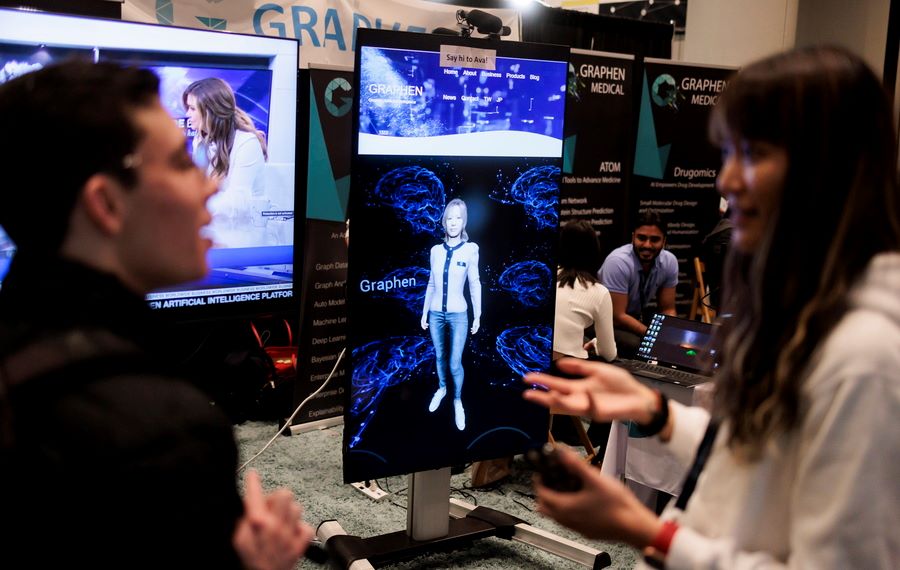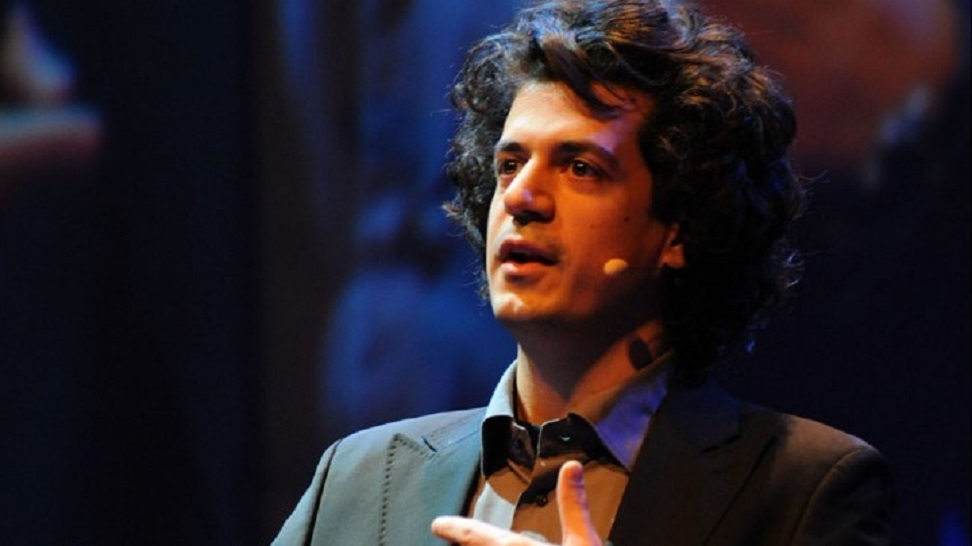
Daskalakis spoke about the imaginary and real world of Artificial Intelligence and its challenges

File photo: Konsyantinos Daskalakis. ANA-MPA/MIT
Constantinos Daskalakis spoke about the imaginary and real world of Artificial Intelligence, but also the challenges that we will face. The event was attended by President of the Republic Prokopios Pavlopoulos.The event was organized by the Association of Friends of the European Cultural Center in Delphi, while the prominent Greek mathematician at MIT, or “the man who solved the John Nash puzzle,” deciphered the future by answering 25 out of 1,204 questions asked by 112 schools and 12 university faculties.
What progress has Artificial Intelligence made? Will Artificial Intelligence be able to obtain conscience of its existence? Will a computer be able to write Shakespeare? These were some of the questions that teachers and students asked Daskalakis.
“Yes, we want computers to be conscious so they can use ethical code in decision making,” he said in response to a question. And “no, a computer cannot write Shakespeare, even though it can learn very good English and imitate the style of writing.” But as it has been proved in an experiment, the result does not make sense, he added.
Daskalakis was particularly concerned with the ethical and legal issues raised by the introduction of algorithms into our lives, “designed by a human being and executed by a machine,” he said.
“Artificial Intelligence is a combination of many examples, simple assumptions, probabilities, statistics and specialized knowledge,” he noted.
“It is already present in the American judicial system, and it is beginning to play an extremely important role in medicine,” he added.
At a technical level, he explained, the biggest challenge is credibility. On a philosophical level, it is ethics, he added.
Source: ANA – MPA
Bank of Greece sees 2.4 pct growth in 2020: Primary surplus target will be met in 2019 & 2020

